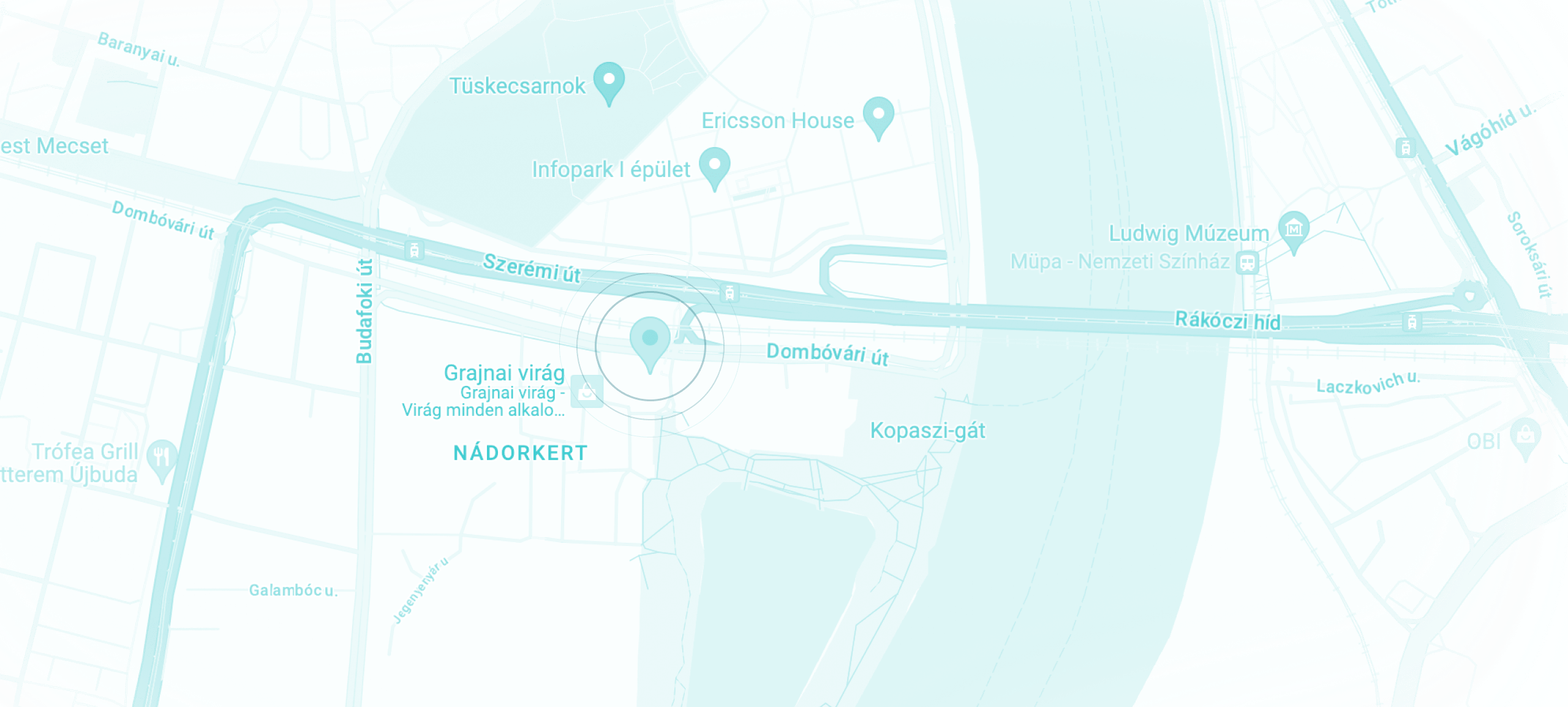
10+1 things to consider before becoming a freelancer in Hungary
Are you already a resident of Hungary? Currently employed and want to do something else on the side? Followed your spouse on family unification and want to work, but you do not have a work permit yet? Becoming a freelancer in Hungary might be the way. Have a summary of aspects to consider.
Are you already a resident of Hungary? Currently employed and want to do something else on the side? Followed your spouse on family unification and want to work, but you do not have a work permit yet? Becoming a freelancer in Hungary might be the way. Have a summary of aspects to consider.
Last updated on January 7, 2026.
Freelancing in Hungary
Freelancing has many names in English, such as self-employment, sole proprietorship, or individual entrepreneurship. In Hungarian, it is called “egyéni vállalkozás”. You can become a freelancer in Hungary only if you are a citizen of an EEA country or at least a resident of Hungary.
While starting business in self-employment is quick and easy, without a requirement for starting capital, you are fully liable for damages. You can learn more about requirements and the procedure from our next article. Below, you can find a few practical considerations for becoming a freelancer in Hungary.
1. What do you want to do?
Are you planning to sell services or goods? What will your main activity be? Does it need a license or a no-criminal record? You can check the requirements for various activities in the database of the Chamber of Commerce. Some activities are not available for freelancers, such as being an attorney or a primary producer (in agriculture).
2. Where will you perform your activity?
This is also related to whether you want to sell services or goods. Do you just need a quiet corner at home and your laptop, or do you need an office or a shop? Maybe even a warehouse? Your premises must be registered, and you will need to pay a local business tax to the municipalities where they are located.
3. Will you need a seat provider?
Wherever you actually perform your activity as a freelancer, you also need a physical address where authorities expect to reach you (even though these days most of the communication happens online). This can be your home address, but only if you live there habitually, and can go to the post office to pick up certified official mail in a few days if you happen to miss the mailman. Moreover, if you live in a rental, you need permission from your landlord, which they may or may not give you.
If you do not live at your permanent address all year round or if you live in a rental, it makes sense to choose a registered seat provider with a virtual office service, where competent personnel is available in working hours to receive your official mail, open it and forward a scanned version, complete with a short English summary as necessary (like the service Helpers provides).
4. How much business do you expect?
More precisely, how much revenue do you expect yearly? This might be the most important aspect for deciding which tax regime to choose for your self-employment in Hungary (more on those below). Some tax regimes are available only for a limited revenue, and you can expect some kind of penalty if you pass it. If you expect your business to grow over time, some forms of business might be less appropriate than others.
5. Is this your main source of income or a side business?
The taxes and contributions you pay will depend on whether you already have a full-time job or this is a side gig for you, and the difference might be significant, especially if you expect your revenue to be low or fluctuating.
6. Who will your customers be?
Will your customers be other businesses or natural persons? This is most important for deciding on a tax regime and on whether you want to become a VAT subject. For example, the KATA tax regime is available to you only if all your customers are natural persons (unless you plan to become a taxi driver). If you are exempt from VAT, you can offer better prices, which makes more sense if your customers are natural persons; if your customers are businesses, they can most probably reclaim VAT anyway.
The other question is whether you are selling to domestic or international clients, within the EU or outside of it. Depending on whether your sell goods or services, slightly different rules apply to taxation in each scenario.
7. Do you want to become a VAT subject?
If you become a VAT subject, you will be adding VAT to your invoices, and then regularly forwarding the VAT content of your invoices to the Tax Authority. As a freelancer in Hungary, you can decide whether you want to do this only if your yearly revenue is below HUF 20 million; above that, becoming a VAT subject is mandatory.
8. Will you need a separate bank account?
Your business will need at least one Hungarian HUF bank account, from where you can pay taxes as an individual entrepreneur. If you are exempt from VAT, you can decide whether you want to open a separate bank account for your business or use your existing retail bank account. If much of your business is in foreign currencies, you might want to open a separate bank account for each currency. The bigger your business and revenue, the more sense it makes to have a separate bank account (or more) for it.
9. How do you want to issue your invoices?
In Hungary, you can issue invoices only with licensed tools, either an official booklet or a piece of software (you cannot create invoices in Word or Excel, as in other countries). Since every invoice must be reported to the Tax Authority as soon as possible, using a booklet is a bit cumbersome these days. At the same time, most developers of invoicing software now also offer solutions that are available online simply from your browser or in a mobile app, and some even have English language interfaces. The most basic version is often free of charge, while paid plans include various handy tools that make your life easier.
10. Will you need an accountant?
Freelancers in Hungary are not required by law to have accountants. However, the more complex your operation, the more added value you can get from someone who is already familiar with regulations, knows the limits of your business, and can call your attention to important deadlines or aspects to consider. If you are an expat living and doing business in Hungary, with probably a limited knowledge of Hungarian, it might be better to have a local ally on your side when it comes to accounting.
+1. Which tax regime to choose?
Each tax regime has its pros and cons. Make sure to choose one that fits your conditions and your planned operation best. You should probably consult with an accountant about this, even if in the end it turns out that you do not need the services of the accountant for your operation.
- Regular self-employment
- KATA
- Flat-rate taxation
Your helpers when doing business in Hungary
The above questions will be relevant whichever form of business you choose, whether it is setting up a company or becoming a freelancer in Hungary. Make sure you have an idea of what you want to do, how you want to do it, and whether the business will be viable. Asking for expert advice in time can help point you in the right direction.
Helpers Hungary offers comprehensive assistance to foreigners living, working, and doing business in Hungary. This includes not only business setup and accountancy, but also residency and work permit application.
Was this article useful? Follow us on Facebook and never miss an update.
Kapcsolat
Írjon nekünk!
Hétfő – Péntek
9:00 – 17:00
Helpers Hungary Kft.
Budapart Gate
Dombóvári út 27.
Budapest, 1117 Hungary
Irodánk a 2. emeleten található, és az „A” bejárat felől érhető el.






